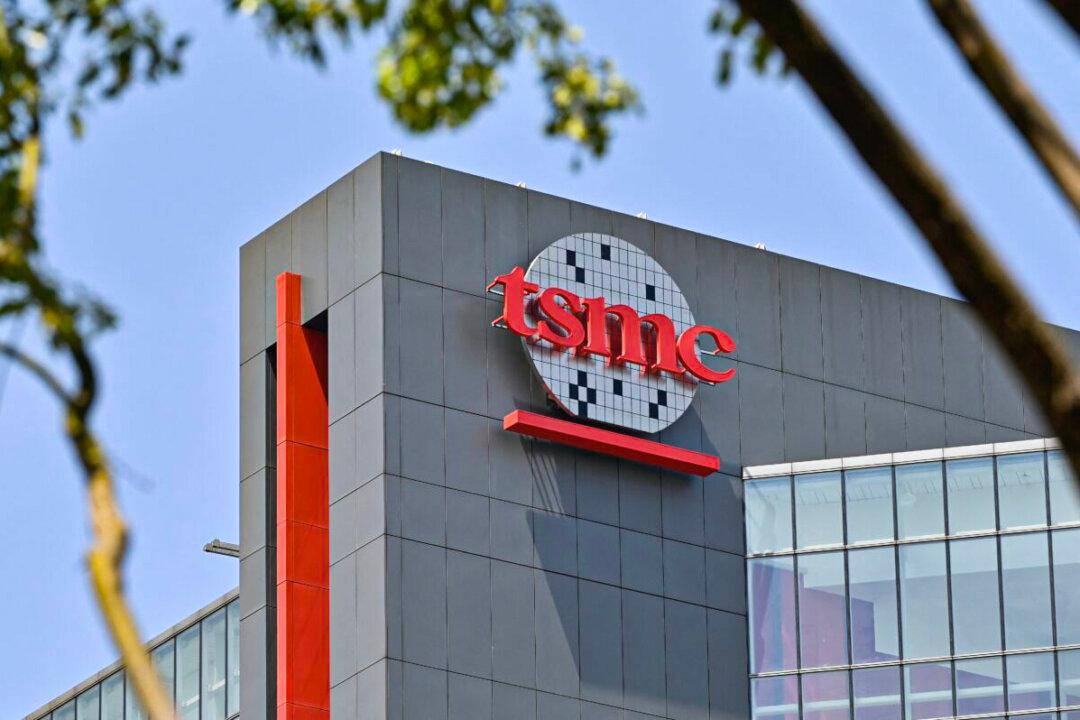News Analysis
One theory on why the Chinese regime has not invaded Taiwan is that an invasion would interrupt the flow of microchips that are necessary for nearly all forms of technology, including weapons.

One theory on why the Chinese regime has not invaded Taiwan is that an invasion would interrupt the flow of microchips that are necessary for nearly all forms of technology, including weapons.